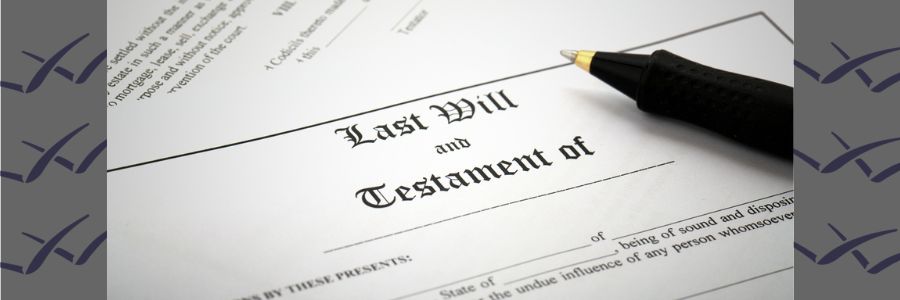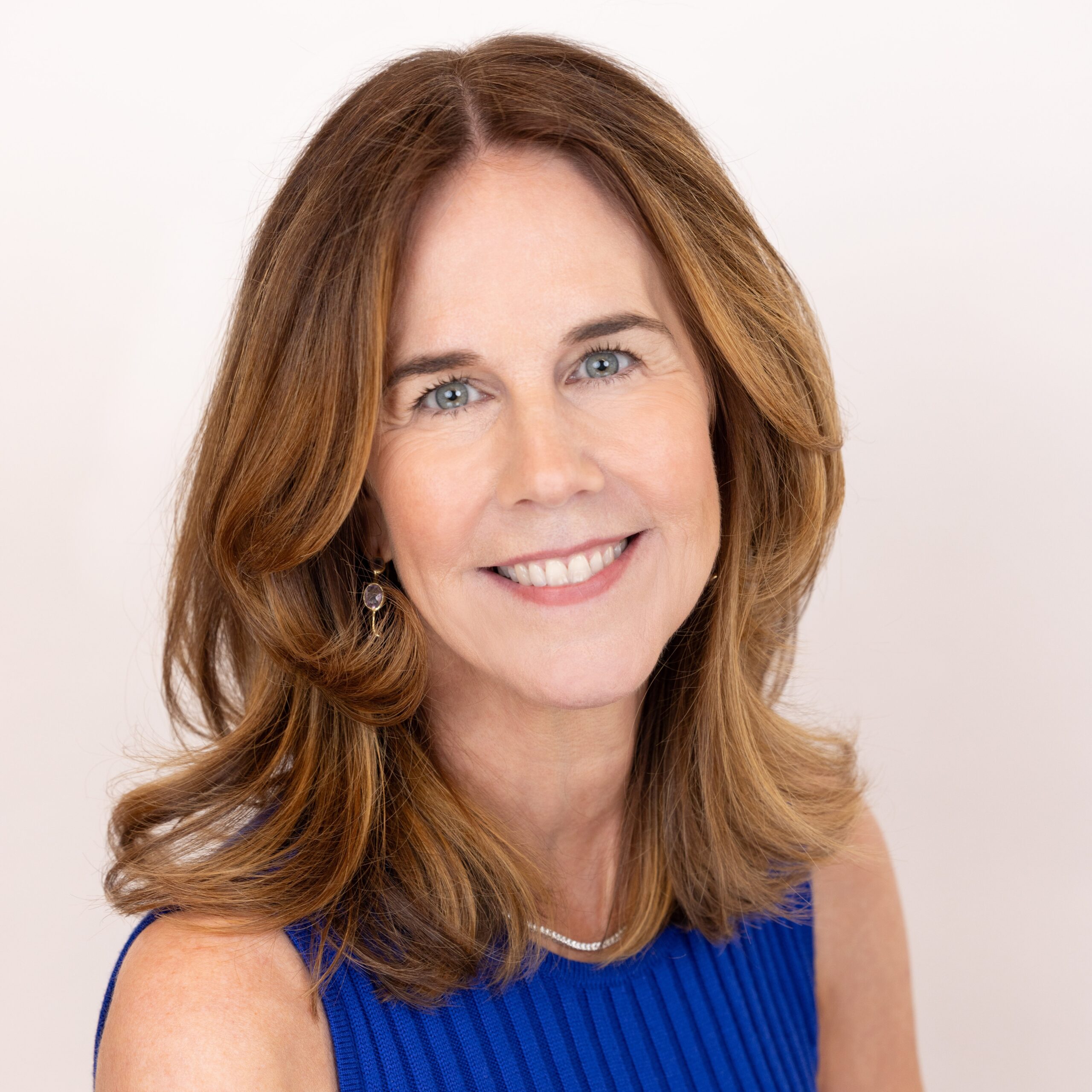Estate Planning Isn’t About Death – It’s About Legacy
A family legacy refers to the lasting values, achievements, traditions, assets, and reputation that a family aims to pass down through generations. Few imagine lawyers, tax structures, or wills. Yet these less glamorous details—known collectively as estate planning—often determine whether a family’s legacy endures or unravels.
With an estimated $124 trillion in global wealth expected to transfer across generations over the next two decades, clarity has never mattered more. Estate planning is about far more than dividing assets. It’s about creating a blueprint for stewardship—ensuring that both wealth and relationships survive moments of loss or transition. For families in business, it’s often the most neglected form of long-term strategy.
Why Families Avoid the Inevitable
Talking about death, inheritance, and control doesn’t come naturally, especially in families that cherish harmony or privacy. Founders may avoid estate planning out of denial or fear of letting go. But the absence of a plan—or lack of clarity in that plan—creates serious risk. Without clear instructions, shared pride can quickly become a legal and emotional battlefield.
Estate disputes are not limited to the wealthy or famous, but their stories illustrate the cost of inaction. When music legend Prince died in 2016 without a will, his $156 million estate became mired in years of legal battles among six heirs, multiple advisors, and the IRS, costing tens of millions in fees and dividing those closest to him.
Contrast Prince’s estate with that of Ileana Sonnabend, the New York art dealer whose heirs faced a tax dispute over a priceless artwork that couldn’t legally be sold. Though complex, her estate was ultimately resolved because key documents existed and because the family worked transparently with advisors and authorities to reach a compromise
One family was paralyzed by the absence of planning; the other prevailed because planning existed.
What’s at Stake for Family Businesses
In a family business, the consequences of poor estate planning ripple far beyond the family itself. Ownership affects employees, customers, and communities. When estate planning is ignored, three forms of capital are at risk:
- Financial capital, as taxes, legal costs, or forced sales erode wealth.
- Human capital, as heirs are unprepared or divided.
- Social capital, as family reputation and business trust suffer.
A Successful Transition: Patagonia’s Purpose-Driven Plan
In 2022, Yvon Chouinard, founder of Patagonia, made headlines—not for a business deal, but for a bold act of estate planning. Instead of selling the company or leaving it directly to his children, he transferred 100% of Patagonia’s voting shares to the Patagonia Purpose Trust and 100% of non-voting shares to the Holdfast Collective, a nonprofit fighting climate change.
This structure ensured that:
- The Chouinard family retained control through the trust, safeguarding the company’s mission.
- The firm’s profits (roughly $100 million a year) would be reinvested in environmental causes indefinitely.
- There would be no sale, no IPO, and no inheritance battle—just a structure that hardwired the family’s values into the company’s future.
The move stunned many in corporate America. But for Chouinard, it was simply the logical extension of his lifelong philosophy: “Instead of going public, we’re going purpose.”
His estate plan accomplished what few do—it aligned ownership, governance, and legacy with a single mission. By acting early, involving his family, and working with legal and tax experts, Chouinard turned succession into stewardship. Patagonia remains privately held, family-influenced, and globally admired for proving that purpose and profit can coexist across generations.
Patagonia’s story illustrates how estate planning can be a moral statement as much as a financial one:
- It preserved continuity. Control stayed within a values-aligned trust.
- It prevented conflict. The family agreed on purpose, not payout.
- It extended impact. Profits now support the planet, in perpetuity
Case Study: When Planning Fails
By contrast, the story of Reliance Industries, founded by Indian industrialist Dhirubhai Ambani, demonstrates the fallout when planning is deferred. Ambani, one of India’s greatest entrepreneurs, died suddenly in 2002 without a will. Control of his vast business empire, spanning energy, telecommunications, and finance, fell into dispute between his two sons, Mukesh and Anil.
The brothers’ feud over ownership and decision-making paralyzed the company and required intervention by their mother, Kokilaben Ambani, to broker a settlement that split the conglomerate into two. The emotional toll was enormous, and billions in shareholder value were temporarily at risk.
The Ambani case reveals what happens when founders leave transition to fate:
- No clear successor or governance structure.
- Emotional interpretation of intent, rather than legal clarity.
- Unnecessary division of a once-unified legacy.
The lesson is simple but sobering: If you don’t plan, someone else will end up planning for you.
The Core Elements of an Effective Estate Plan
Estate planning rests on several key building blocks. For business-owning families, these components must work together.
1. A Will
A will outlines asset distribution and names an executor to oversee the estate. Yet many founders stop here, assuming it’s enough. It’s not. A will is the foundation, but an estate plan is the architecture. It should also include healthcare directives, financial powers of attorney, and instructions for the business in the event of incapacity.
2. Trusts
Trusts can be powerful vehicles for managing control, reducing taxes, and ensuring responsible stewardship of wealth. A living trust allows assets to be transferred seamlessly during the owner’s lifetime, while a testamentary trust activates upon death. In family businesses, trusts often hold voting shares, ensuring continuity of ownership while separating control from day-to-day management.
3. Buy-Sell Agreements
For families with multiple shareholders or business partners, buy-sell agreements define the process for liquidity if a shareholder dies, retires, or wishes to exit. They prevent forced sales and protect against unwanted third-party ownership, a safeguard especially important when non-family investors are involved.
4. Gifting and Succession
Gradually gifting shares, under annual gift tax exemptions, lets the next generation learn through experience. It also reduces estate tax exposure. Done strategically, this approach builds capability as well as confidence.
5. Prenuptial and Shareholder Agreements
These protect family assets across marriages and generations. A prenuptial agreement ensures that business shares stay within the family, while a shareholder agreement can codify ownership rights and decision processes among siblings or branches.
6. Regular Review
Estate planning is not a “set it and forget it” task. Families evolve, laws change, businesses expand. Revisiting the plan every few years, or after major life events, keeps it current.
Communication: The Hidden Engine of Good Planning
Even the most elegant legal structures can fail without communication. Transparency, especially with those affected by the plan, builds trust and reduces resentment. In fact, research on intergenerational wealth transfer shows that communication quality is a stronger predictor of long-term success than tax efficiency or asset size.
One of the clearest modern examples comes from Warren Buffett. As one of the most respected investors and business leaders of all time, Buffett has long modeled humility and openness in planning for the future. Despite overseeing one of the world’s largest fortunes, his will is remarkably simple—most of his wealth will go to philanthropy. Yet he treats communication as the most essential piece of the process. Buffett shared that each time he updates his will, he reviews it with his children before signing it, inviting their questions and incorporating their feedback. “When your children are mature,” he wrote, “have them read your will before you sign it… You don’t want your children asking ‘why?’ when you are no longer able to respond.” Over the years, he’s adopted suggestions from all three children, saying there’s nothing wrong with having to defend his own thinking.
Even at his scale of wealth, Buffett shows that clarity and conversation—not complexity—are what holds a family’s legacy together.
Balancing Fairness and Equality
In family enterprises, “fair” and “equal” aren’t the same. Some children may be active in the business, others not. One may inherit control, another financial assets. What matters is that the logic is consistent, transparent, and explained.
Fairness doesn’t mean identical outcomes—it means equitable consideration.
Five Lessons from Families Who Get It Right
- Start early. The best estate plans begin while the founder is still active. Waiting until retirement, or illness, limits flexibility and forces rushed decisions.
- Integrate business and personal planning. The family enterprise isn’t separate from the estate; it’s the core of it. Coordinate ownership, management, and wealth transfer strategies together.
- Engage the next generation. Give future leaders opportunities to learn governance, not just inherit it. Education is part of succession.
- Assemble a trusted team. Attorneys, accountants, tax advisors, and board members each bring essential expertise. The founder sets vision; advisors ensure execution.
- Treat it as a living process. Revisit, revise, and re-communicate. The plan should evolve with the family.
A Final Word
Estate planning doesn’t just protect wealth; it protects families and the family legacy. It allows founders to express not only what they’ve built, but what they believe in. It invites conversations about fairness, purpose, and the future. And for family businesses, it ensures that leadership and ownership evolve by design, not by default.
It’s easy to see estate planning as a legal requirement. It’s much more than that—it’s a moral one. By creating clarity today, you give your family something far more valuable than money: peace of mind, unity, and the freedom to build on your legacy tomorrow.




